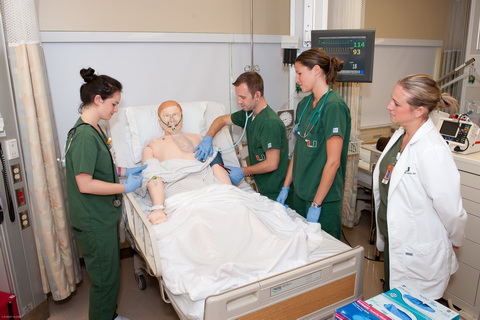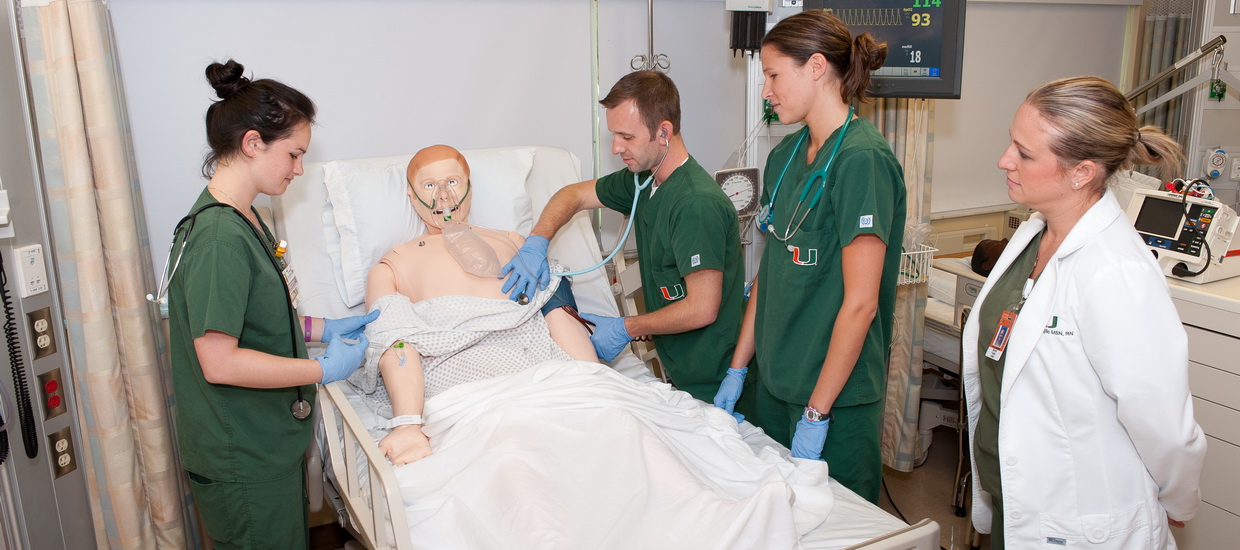Clinical instruction is taught by highly skilled Certified Registered Nurse Anesthetists and Anesthesiologists. The programs major clinical sites include:
- Baptist Health System: Baptist Hospital, South Miami Hospital and West Kendall Baptist Hospital
- Broward Health:Broward Health Medical Center, Broward Health North, Broward Health Imperial Point and Broward Health Coral Springs
- Cleveland Clinic Florida Health System
- HCA Florida Healthcare: Mercy Hospital
- Jackson Health System:Holtz Children’s and Women’s Hospital, Jackson Memorial Hospital, Jackson South Medical Center, Jackson West Medical Center, and Ryder Trauma Center
- John Hopkins All Childrens Hospital
- Memorial Healthcare System: Joe DiMaggio Childrens’ and Memorial Hospital Pembroke
- Miami Surgical Center
- Mount Sinai Medical Center
- Nicklaus Childrens Hospital
- Steward Health Care: North Shore Medical Center
- UHealth System: UHealth Tower, Bascom Palmer Eye Institute, Sylvester Comprehensive Cancer Center and The Lennar Foundation Medical Center
- Veterans Affairs Health Care system: Bruce W. Carter Department of Veterans Affairs Medical Center Miami and West Palm Beach VA Medical Center
Simulation-based education is an integral part of the learning and intertwined throughout the curriculum. Starting in semester one, students participate in weekly simulation-based learning activities, where they develop the foundational skills and knowledge for clinical reasoning, critical thinking, and decision-making abilities. The integrated curriculum includes clinical observation and introduction to the operating room environment and anesthesia equipment in the first semester of the program. By the end of the second semester, transition to clinical practice is aided by the nurse anesthesia student mentoring program. During semester three, our learners already interact with patients and participate in basic anesthesia management under the direct supervision of a Certified Registered Nurse Anesthetist/Anesthesiologyst (CRNAs) and Physician Anesthesiologists. Continuing in semesters 4 through 9, the students are in the clinical setting three (3) to four (4) days a week in addition to their didactic course work. Specialty rotations, including trauma, cardiac, obstetric, pediatric, regional, and neuro typically start during the 5th or 6th semester. The curriculum follows the University’s academic calendar, which includes scheduled breaks between semesters, spring and fall semester recesses and holidays.





